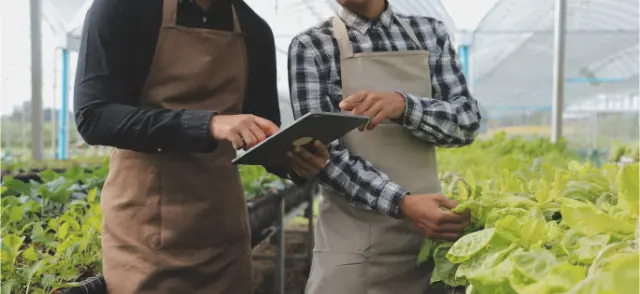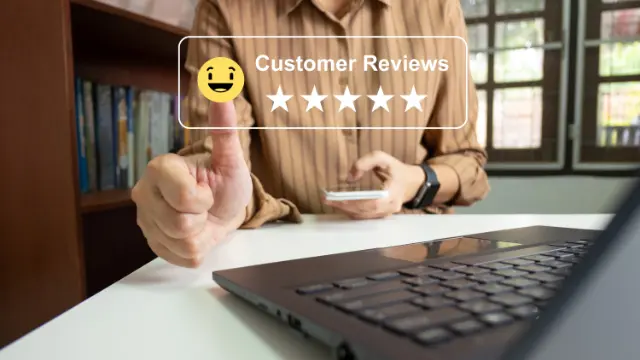Revolutionizing Marketing Campaign Automation in Hospitality: A Journey to Efficiency and Engagement
In the ever-evolving hospitality industry, where competition is fierce and customer expectations are constantly rising, marketing campaigns play a crucial role in attracting and retaining guests. However, managing these campaigns manually can be a daunting task, often leading to inefficiencies, errors, and missed opportunities. Marketing campaign automation offers a solution to these challenges, providing businesses with the power to streamline their marketing efforts, increase efficiency, and improve customer engagement.
Harnessing the capabilities of Python, AI, and cloud-based solutions, hospitality businesses can automate key marketing tasks such as:
- Email marketing: Create and send personalized emails to target audiences, track campaign performance, and nurture leads.
- Social media posting: Schedule and publish engaging content across multiple social media platforms, monitor brand mentions, and interact with customers.
- Performance tracking: Collect and analyze data from various marketing channels to measure campaign effectiveness and identify areas for improvement.
By automating these tasks, businesses can free up their marketing teams to focus on more strategic initiatives, such as developing creative campaigns and building relationships with customers. This not only improves efficiency but also allows for more accurate and data-driven decision-making.
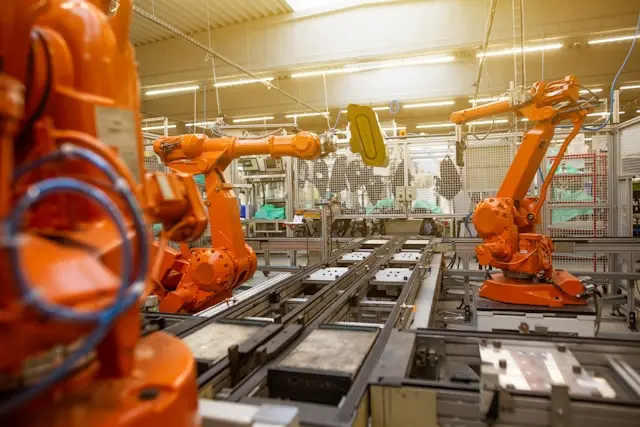
Python, AI, and the Cloud: A Powerful Trio for Marketing Campaign Automation
Python, AI, and cloud-based platforms play a pivotal role in the automation of marketing campaigns in the hospitality industry.
Python: The Power of Unattended Bots
Python is a versatile programming language that allows businesses to develop unattended bots for marketing campaign automation. These bots can perform a wide range of tasks, such as:
- Email marketing: Sending personalized emails, tracking campaign performance, and nurturing leads.
- Social media posting: Scheduling and publishing content, monitoring brand mentions, and engaging with customers.
- Data collection and analysis: Extracting data from various marketing channels to measure campaign effectiveness and identify areas for improvement.
Unattended bots work autonomously, freeing up marketing teams to focus on more strategic initiatives.
Attended Bots: A Human-in-the-Loop Approach
In addition to unattended bots, Python can also be used to develop attended bots. These bots assist human users in completing tasks, providing real-time guidance and support. For example, an attended bot can help a marketing manager create and send an email campaign, ensuring that the email is personalized, targeted, and compliant with industry regulations.
Cloud Platforms: Orchestrating Automation at Scale
Cloud platforms, such as AWS, Azure, and GCP, offer a comprehensive suite of tools and services for marketing campaign automation. These platforms provide:
- Robust automation capabilities: Cloud platforms can orchestrate complex automation workflows, involving multiple tasks and systems.
- Scalability and reliability: Cloud platforms can handle large volumes of data and traffic, ensuring that automation processes run smoothly and reliably.
- Integration with other tools: Cloud platforms integrate with a wide range of third-party applications, allowing businesses to connect their marketing automation efforts with other systems, such as CRM and analytics tools.
AI: Enhancing Accuracy and Handling Edge Cases
AI techniques, such as image recognition, natural language processing (NLP), and generative AI, can significantly enhance the accuracy and effectiveness of marketing campaign automation. For example:
- Image recognition: AI can analyze images to identify objects, scenes, and faces. This can be used to automatically tag images for social media posts or to create personalized email campaigns based on the content of images.
- NLP: AI can understand and interpret human language. This can be used to analyze customer feedback, identify sentiment, and generate personalized responses.
- Generative AI: AI can generate new text, images, and other content. This can be used to create unique and engaging marketing content or to generate personalized recommendations for customers.
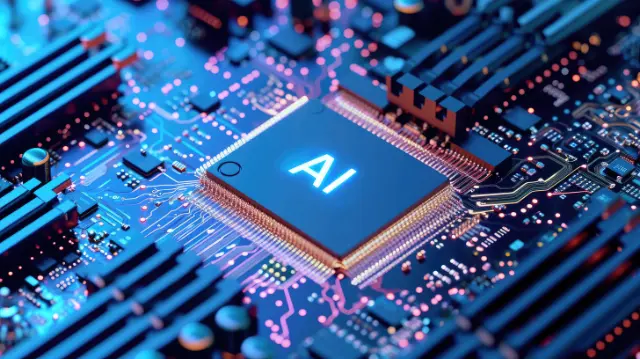
Building the Automation: A Step-by-Step Guide
Marketing campaign automation involves a series of processes, including:
- Campaign planning: Defining campaign goals, target audience, and marketing channels.
- Content creation: Developing marketing content, such as emails, social media posts, and landing pages.
- Campaign execution: Sending emails, posting content, and running ads.
- Performance tracking: Monitoring campaign performance and making adjustments as needed.
Python and cloud-based solutions can be used to automate each of these steps, as follows:
Campaign Planning
- Use Python to gather data from various sources, such as CRM systems and website analytics, to identify target audience and define campaign goals.
- Utilize cloud platforms to store and process large volumes of data and to run predictive analytics models to identify opportunities for campaign optimization.
Content Creation
- Use Python to generate personalized email content, social media posts, and landing pages based on customer data.
- Leverage cloud-based AI services to analyze customer feedback and identify trends, which can be used to create more relevant and engaging content.
Campaign Execution
- Use Python to schedule and send emails, post content on social media, and run ads across multiple channels.
- Utilize cloud platforms to ensure that campaigns are executed reliably and at scale, even during peak traffic periods.
Performance Tracking
- Use Python to collect and analyze data from various marketing channels to track campaign performance.
- Utilize cloud platforms to store and process large volumes of data and to generate reports and dashboards that provide insights into campaign effectiveness.
Data Security and Compliance
- Implement robust data security measures to protect customer data, such as encryption and access controls.
- Ensure compliance with industry regulations, such as GDPR and HIPAA, by using cloud platforms that provide built-in compliance features.
Advantages of Python over No-Code RPA/Workflow Tools
- Flexibility: Python is a versatile language that allows for the development of custom automation solutions tailored to the specific needs of the hospitality industry.
- Scalability: Python can handle large volumes of data and complex automation workflows, making it suitable for enterprise-level marketing campaign automation.
- Integration: Python integrates seamlessly with a wide range of third-party applications and cloud platforms, enabling businesses to connect their automation efforts with other systems.
In contrast, no-code RPA/workflow tools often have limited flexibility, scalability, and integration capabilities, which can hinder the effective automation of marketing campaigns in the hospitality industry.
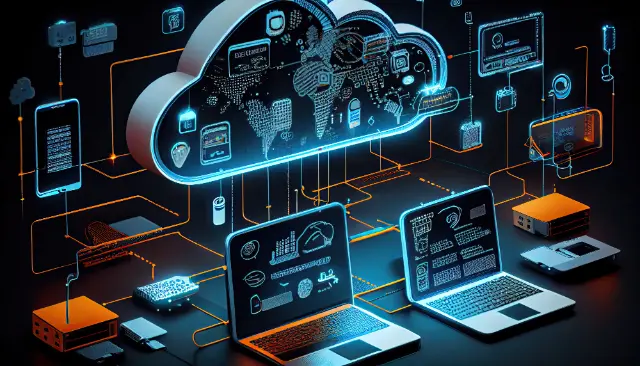
The Future of Marketing Campaign Automation
The future of marketing campaign automation is bright, with a number of exciting technologies on the horizon that have the potential to further enhance the capabilities of Python and cloud-based solutions.
One such technology is generative AI, which can be used to create unique and engaging marketing content, such as personalized emails, social media posts, and landing pages. Generative AI can also be used to generate automated responses to customer inquiries, freeing up marketing teams to focus on more strategic initiatives.
Another promising technology is edge computing, which can be used to bring automation closer to the customer. This can enable real-time decision-making and personalization, resulting in more relevant and effective marketing campaigns.
By embracing these future technologies, businesses in the hospitality industry can further enhance their marketing campaign automation efforts, driving greater efficiency, engagement, and ROI.
Subscribe to Our Newsletter
To stay up-to-date on the latest marketing campaign automation trends and technologies, subscribe to our newsletter. We regularly share insights, best practices, and case studies to help businesses in the hospitality industry get the most out of their automation efforts.
Contact Us for a Free Feasibility and Cost-Estimate
If you are interested in learning more about how Python and cloud-based solutions can help you automate your marketing campaigns, contact our team today. We offer a free feasibility and cost-estimate to help you determine the best approach for your business.

Algorythum – Your Partner in Automations and Beyond
At Algorythum, we specialize in crafting custom RPA solutions with Python, specifically tailored to your industry. We break free from the limitations of off-the-shelf tools, offering:
- A team of Automation & DevSecOps Experts: Deeply experienced in building scalable and efficient automation solutions for various businesses in all industries.
- Reduced Automation Maintenance Costs: Our code is clear, maintainable, and minimizes future upkeep expenses (up to 90% reduction compared to platforms).
- Future-Proof Solutions: You own the code, ensuring flexibility and adaptability as your processes and regulations evolve.






